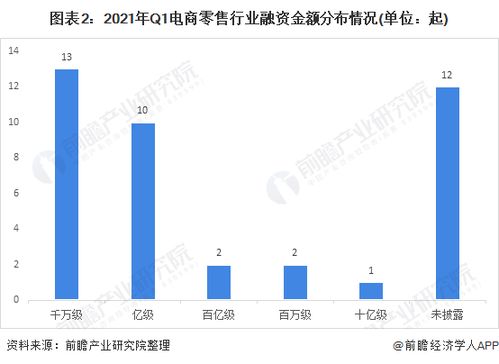When it comes to selecting accounting software for your business, it's essential to choose a solution that aligns with your specific needs and requirements. Here are some key steps and considerations to help you make the right choice:
1. Assess Your Business Needs
Before diving into the world of accounting software, take the time to assess your business needs. Consider the size of your business, the complexity of your financial transactions, and the specific features you require, such as invoicing, inventory management, or payroll processing.
2. Scalability
It's important to select accounting software that can grow with your business. Whether you're a small startup or a rapidly expanding enterprise, choose a solution that offers scalability and can accommodate your future needs.
3. Ease of Use
Look for accounting software that is userfriendly and intuitive. Your team should be able to navigate the system with ease, and you should be able to generate financial reports and insights without a steep learning curve.
4. Integration Capabilities
If your business already uses other software systems—such as CRM or inventory management—choose accounting software that can seamlessly integrate with these existing tools. This will help streamline your workflows and eliminate the need for manual data entry.
5. Security and Compliance
Ensure that the accounting software you choose adheres to industry security standards and compliance regulations. Your financial data is sensitive, and it's crucial to select a solution that prioritizes data security and offers features such as regular data backups and access controls.
6. Mobile Access
In today's fastpaced business environment, having the ability to access your accounting software on the go can be a gamechanger. Look for a solution that offers mobile accessibility, allowing you to manage your finances from anywhere, at any time.
7. Customer Support and Training
Consider the level of customer support and training offered by the accounting software provider. Whether it's through live support, comprehensive guides, or training sessions, ensure that you'll have the necessary support to make the most of the software.
8. Cost Considerations
While cost shouldn't be the sole determining factor, it's essential to consider the overall cost of implementing the accounting software. Take into account factors such as subscription fees, setup costs, and any additional expenses for integrations or customizations.
Conclusion
By carefully evaluating your business needs, considering factors such as scalability, ease of use, integration capabilities, security, mobile access, support, and cost, you can make an informed decision when choosing accounting software for your business. Remember that the right accounting software can streamline your financial processes, provide valuable insights, and contribute to the overall efficiency of your business operations.











